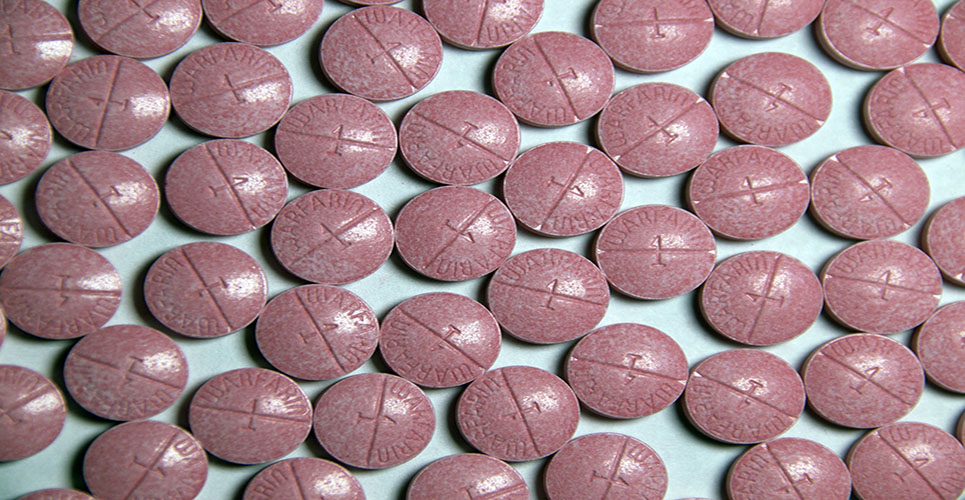teaser
Warfarin and aspirin are similar in preventing deaths and strokes in heart failure patients with normal heart rhythm, according to research presented at the American Stroke Association’s International Stroke Conference 2012.
“Although there was a warfarin benefit for patients treated for four or more years, overall warfarin and aspirin were similar,” said lead author Shunichi Homma, Professor of Medicine at Columbia University in New York.
In the 11-country Warfarin versus Aspirin in Reduced Cardiac Ejection Fraction (WARCEF) trial, researchers followed 2,305 patients with heart failure and normal heart rhythm for up to six years (average 3.5 years).
The patients were on average 61-years-old, and left ventricular ejection fraction was less than 35%.
Thirteen per cent of the patients experienced a stroke or transient ischemic attack and were at heightened risk of recurrence.
Researchers randomly assigned patients to receive either 325 mg/day of aspirin or warfarin doses calibrated to a pre-specified level of blood thinning.
In order to avoid bias, all patients had blood drawn on the same schedule and their pills adjusted so neither the patients nor their treating physicians knew which regimen they were taking.
Death, ischemic stroke or intracerebral haemorrhage, which combined were the study’s primary endpoint, occurred at a rate of 7.47% for patients assigned to warfarin and 7.93% for patients assigned to aspirin. The difference was not statistically significant.
However, “in the group of patients followed for more than three years, those on warfarin did better in comparison to the aspirin patients,” Homma said.
Over the entire study period, patients receiving warfarin were just over half as likely to develop a stroke, a component of primary endpoint, as those taking aspirin.
The rates of stroke were low with annual rates of 0.72% in patients assigned to warfarin and 1.36% for those on aspirin.
Researchers evaluated the safety of the anti-clotting medications by monitoring major bleeding events other than intracerebral haemorrhage.
Each year, major bleeds occurred in 1.8% of patients on warfarin and 0.9% of those on aspirin – a statistically significant difference.
“As expected, the overall bleeding rate was higher with warfarin,” Homma said.
“However, not all bleeds are equal, and the one that patients fear the most – bleeding within the brain occurred rarely in both groups.”
It occurred in 0.12% per year in the warfarin group and 0.05% per year in the aspirin group.
“Given that there is no overall difference between the two treatments and that possible benefit of warfarin does not start until after four years of treatment, there is no compelling reason to use warfarin, especially considering the bleeding risk”, Homma said.
The researchers are analysing whether certain subgroups of patients benefited more from each treatment.
International Stroke Conference
